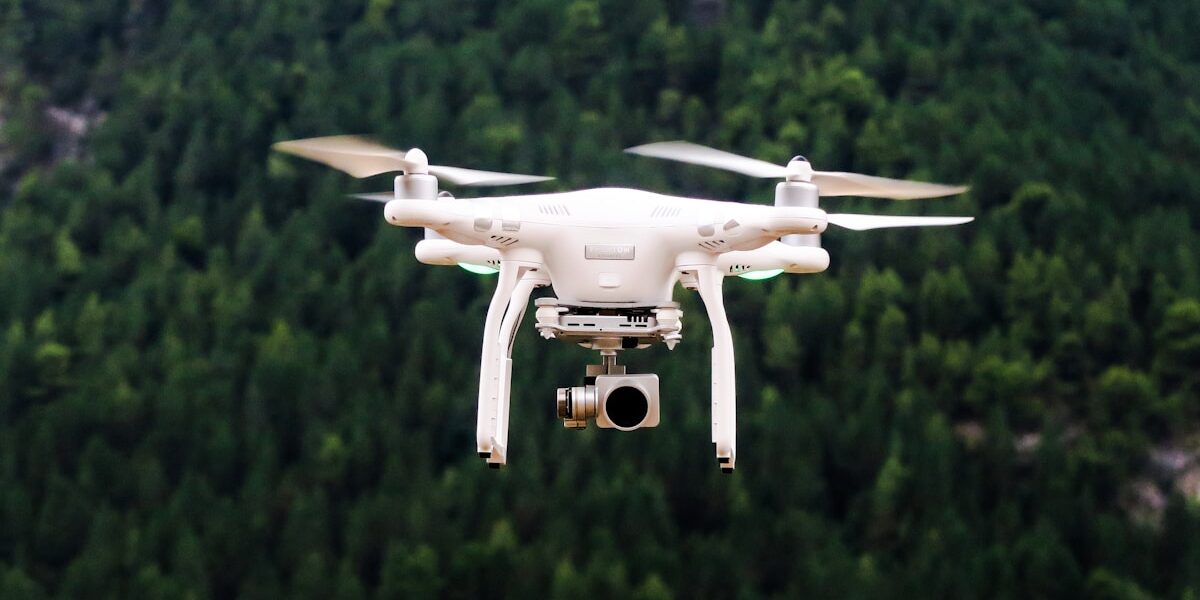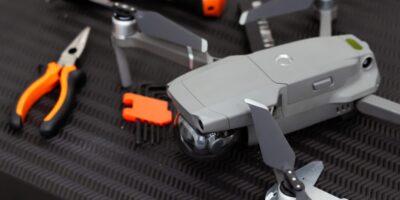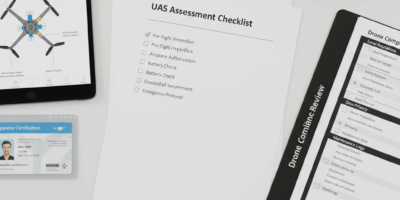Drone Understanding the Role of a UA guidance has gotten complicated with all the outdated regulations and conflicting advice flying around. Here’s what you actually need to know.
Understanding the Role of a UAS Nurse
A Utilization Assessment Support (UAS) nurse plays a critical role in healthcare, especially in long-term services and support programs. The position involves assessing patients’ needs, coordinating care, and ensuring that resources are utilized efficiently. The UAS nurse gathers necessary data and provides insights to help in decision-making processes regarding patient care.

Educational Pathway
The journey to becoming a UAS nurse starts with a solid educational foundation. Prospective UAS nurses typically begin by obtaining a nursing degree, either an Associate Degree in Nursing (ADN) or a Bachelor of Science in Nursing (BSN). While an ADN can lead to licensure, a BSN opens more opportunities in the nursing field.
After earning a degree, you must pass the National Council Licensure Examination for Registered Nurses (NCLEX-RN). This exam is a critical step in becoming a registered nurse, ensuring that you have the necessary knowledge and skills to practice safely.
Gaining Experience
Experience in healthcare settings is crucial. Work as a registered nurse in various environments like hospitals, clinics, or long-term care facilities. Exposure to different patient populations is beneficial. Gathering experience helps you develop key nursing skills and a deeper understanding of patient care dynamics.
Focus on roles that involve case management, as these often include aspects of resource utilization and care coordination. Skills in these areas are directly applicable to the UAS nurse position. Additionally, positions that require frequent patient assessments are invaluable.
Advancing Skills and Knowledge
Pursuing additional training or certifications can be beneficial. Consider programs that focus on utilization management, case management, or long-term care specialties. These programs often provide insights into the complexities of managing resources and optimizing patient care.
Continuing education is also essential. Many professional organizations offer workshops and courses. These can keep you updated on the latest practices and regulations affecting your field. Participation in such activities demonstrates a commitment to professional growth and patient care excellence.
Understanding the UAS Assessment Process
UAS assessments are comprehensive, capturing a complete picture of a patient’s health and care needs. This process usually involves interviews with patients and sometimes with their families. Observations of the patient in their home environment are also common.
UAS nurses use assessment tools to collect data. These tools help in evaluating physical, psychological, and social aspects of care. The information gathered plays a role in determining eligibility for certain programs or discovering unmet care needs.
Developing Key Competencies
- Analytical Skills: Required for interpreting assessment data. It helps in making informed recommendations for care.
- Communication Skills: Critical for interacting with patients, families, and healthcare providers. Effective communication ensures clarity and accuracy in care plans.
- Empathy and Compassion: Understanding and respecting patients’ needs and feelings enhances the quality of assessments.
- Attention to Detail: Essential for accurately capturing all necessary data during assessments.
Building a Professional Network
Networking with other healthcare professionals can provide additional insights and opportunities. Join professional organizations such as the American Nurses Association (ANA) or groups specializing in case management and resource utilization. Participation in these communities often offers access to resources, job postings, and professional development events.
Mentors in the healthcare industry can also provide guidance and support. They might offer advice on navigating the profession and advancing your career. Attending healthcare conferences and workshops can also be valuable for meeting potential mentors and expanding your professional circle.
Understanding the Regulatory Environment
Regulations govern many aspects of healthcare, including the roles and responsibilities of a UAS nurse. Familiarize yourself with the policies and guidelines that impact your work. This includes understanding HIPAA laws to ensure patient information is managed appropriately.
Stay informed about state-specific regulations, as they can vary significantly. Compliance with these regulations is crucial to maintaining your license and delivering lawful care.
Preparing for Employment
Prepare a strong resume emphasizing relevant experience and skills. Highlight your expertise in patient care, assessment, and case management. Tailor your application materials to reflect the specific requirements of UAS roles.
Interview preparation is key. Be ready to discuss specific experiences where you’ve demonstrated important competencies. Having examples of how you’ve used your skills to improve patient outcomes can be advantageous during interviews.
Navigating Job Opportunities
Job openings for UAS nurses can be found in various healthcare settings, including hospitals, insurance companies, and government programs. Online job boards specializing in healthcare can be a good starting point. Networking with professionals in the field can also lead to job leads.
Some UAS nurses work as independent contractors. This path might offer more flexibility but requires a strong understanding of the nuances of self-employment, including managing contracts and negotiating terms.



